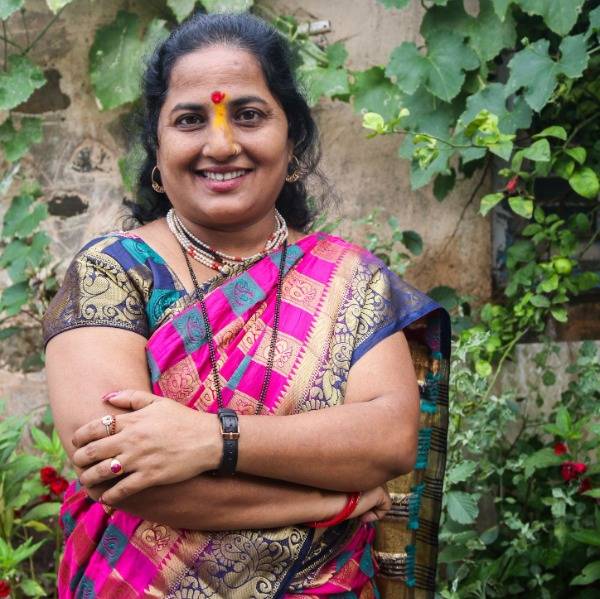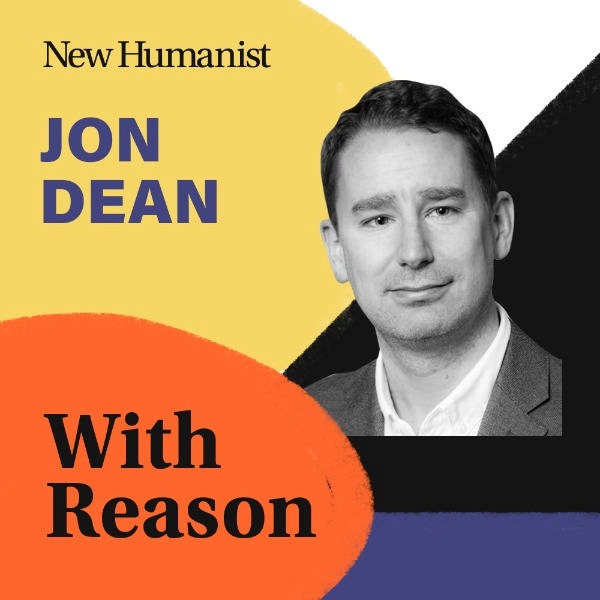Excluding any dedicated theology-wallahs out there, what most of us 'know' about caste is likely to be mightily flawed. One man, Dr BR Ambedkar, described caste discrimination or casteism luminescently, declaring its evil worse than racism and slavery. Ambedkar (1891-1956), a champion of human rights whose life and works deserve to be taught in our schools in the same breath as those of Martin Luther King or Nelson Mandela, wrote the constitution of India. He was describing the plight of a people still insensitively known as the 'Untouchables'. Apart from his knowledge of jurisprudence, he had one other unimpeachable qualification: he was an Untouchable himself. Hinduism recognises four varnas ('castes', literally 'colours') based on occupation (jati or jat) and ancestry. These are traditionally tiered as: the priestly superiors or Brahmins; soldiers (kshatriyas); the merchants and farmers (vaishyas); and those that serve them (shudras). What education in this country ducks is that outside the four varnas come the dalits. Not only do dalits ('the Oppressed') get the poorest water, nutrition, education and shelter and literally the shit jobs in this life; they are also a body of humanity denied advancement through rebirth, twice-condemned by Hinduism to return over and over again to the same wretched, feudal place in society, doomed forever to return 'polluted' and 'casteless'. If there is a more pernicious form of social conditioning or mind control than casteism, do tell. At least a serf or a slave could hope to lay a weary burden down and cross over to rest and peace.
What we blandly learned and our children still learn in British schools about the Indian subcontinent's variant of caste will have been rippled with sociological evasions, theological obfuscations and brahminical falsehoods.
Caste is absolutely nothing like class. The paralysis of religion denies all mobility, physical or upward. While non-Indians generally associate caste with Hinduism, casteism taints elitist sections of the Sikh, Muslim and Christian communities everywhere.
Certainly there are Christian churches split down the caste divide in India, and there are definitely 'high-caste' Muslims who will smash a tumbler once an Untouchable has drunk from it. Bafflingly, since the roots of Sikhism lie in the Hindu equivalent of the Reformation, and contrary to Sikhism's specific entreaties against brahminical ways, many Sikhs boast about their jat status, you guessed it, the polar opposite of Untouchable.
Even after selfrule arrived in the Indian subcontinent in 1947 casteism did not go away. Furthermore, just like the chapatti, jelabi and sari, it travelled with the Indo-Pakistani diaspora. Inevitably, it fetched up in this country too. Here casteism already affects 'BrAsians' in the workplace, at school and university, determines with whom people socialise and whom they marry. Caste discrimination is a shameful, vile system of social conditioning and control that has no place in British society.
A new organisation, CasteWatch UK, has been set up to tackle casteism's encroachment in this country. Its coordinated, intellectual approach has more to do with human rights than any religious agenda.
The impetus for CasteWatch UK came from the interest generated by the Radio 4 programme Caste Divide in Great Britain broadcast in April 2003.
That programme detailed how caste discrimination was infecting British society and reminded us that casteism was not a faraway problem, or one confined to Hinduism. CasteWatch UK coalesced in the next few months. It is now applying for charitable status. It has taken part in debates on caste in the media, at the Londonbased School of Oriental and African Studies (SOAS) and in local initiatives; has engaged with various Buddhist, Christian, Hindu and Sikh communities and organisations; and has lobbied MPs about the 'caste-free' distribution of aid, the need for which was highlighted in the aftermath of the 2001 Gujarat earthquake.
Small beginnings. Still, take a moment to ponder the weight of the word Untouchable. Then imagine the consequences of something so pernicious and invasive ever taking root in British society. And then this modest campaign doesn't feel quite so small after all.

